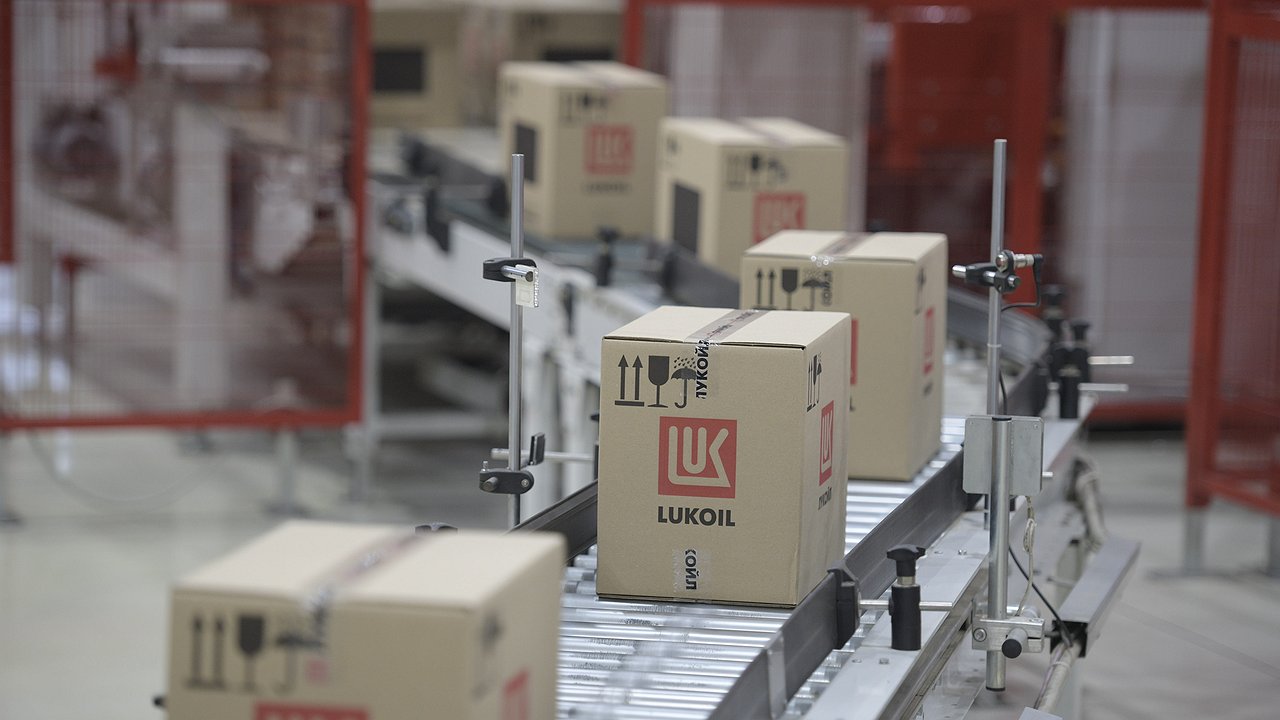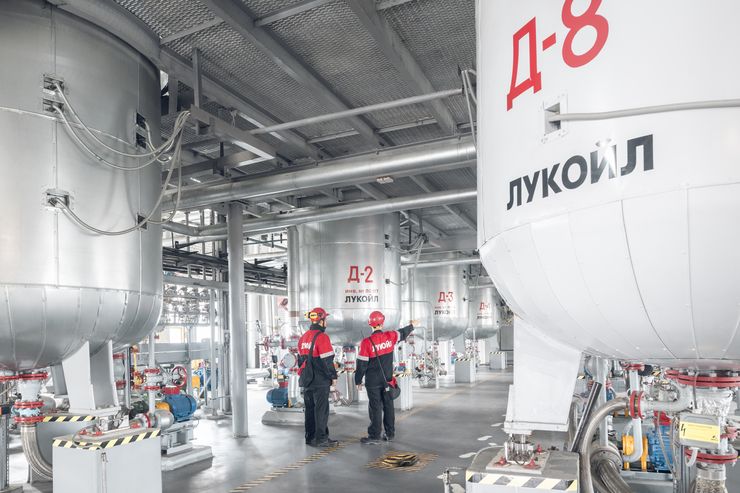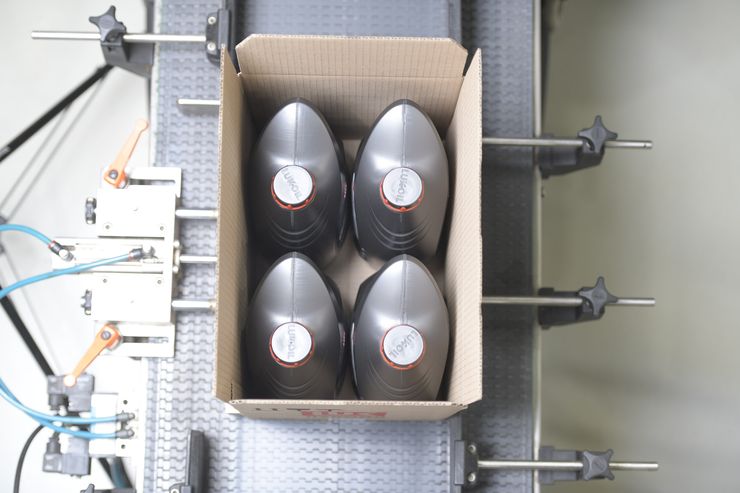And as recent polls have shown, what motorists fear most when choosing oil is getting into trouble, which is why the level of trust in once popular imported brands has fallen below the threshold. On the contrary, loyalty to products of domestic brands has increased significantly.
This is understandable. Firstly, Russian-made oils have more than adequate prices, and the next replacement, whether it is “engines” or “transmissions”, does not put such a strain on the family budget. Secondly, indigenous oil refineries, such as the LUKOIL company, have achieved such impressive results in terms of quality and product range that a number of European and Russian car manufacturers use their oils both as the first filling on their conveyor belts and as original oils ( Since 2012, LUKOIL oils have been supplied to GM factories, since 2013 – Renault, since 2015 – Mercedes, since 2016 – VW). Thirdly, if you vote with a ruble for a can of domestic oil, the probability of encountering a counterfeit is minimal, while the share of counterfeits among imported lubricants is 30-40%.
Course for “electric trains”
Of course, alternative products from Turkey have also appeared on the shelves, the quality of which cannot be doubted. But honestly, the import and sales volumes of such oils are not very large, because the brands are new to Russians and logistics costs contribute to the final cost of the can on the counter. Therefore, in today’s reality, Russian oils found themselves outside the competition. This is indirectly evident from the production volumes.
















